“I think the meeting was a 10 in the sense that we got along great.”
That was President Donald Trump’s rating—with 10 being the highest possible score, in case you were wondering—of his tête-à-tête with Russian President Vladimir Putin in Alaska last Friday. Trump explained why he gave the meeting a perfect score: “It’s good when, you know, two big powers get along, especially when they’re nuclear powers.”
Because Trump sat down with Fox’s Sean Hannity—whose interview style with Trump can be described as hard-hitting only if a marshmallow dropping on a down pillow can also be described as hard-hitting—we didn’t get much of a follow-up, never mind a simple, “Why do you say that?”
Trump seems to think—or wants people to think—that all that stands between the world and a nuclear conflagration is his bromance with Putin. That’s preposterous and not worth dwelling on beyond that.
My own view is that it’s fine if our presidents get along with foreign leaders, but it’s really not that big a deal. Good relationships are better than bad ones, all else being equal. But their utility is determined pretty much entirely by what a president gets out of them—or what they cost him.
On a smaller scale, it’s the same principle as alliances, which are good if we get tangible benefits—greater security, more trade, broader geopolitical influence, etc. But there’s no reason to have an alliance just for the sake of having an alliance. In international affairs, friendships are means to an end, not an end in themselves. So, if being chummy with a vicious autocrat and war criminal, elevating him with his own people and undermining Western unity, is somehow beneficial for America, I’m willing to hear the argument. But such chumminess also comes at an obvious cost. The only relevant question is whether the benefits outweigh the costs.
What’s clear is that Putin benefits from his relationship with Trump. Putin wants to absorb Ukraine back into Russia in some kind of reconstituted Russian empire. This isn’t conjecture or mind-reading. He’s said as much countless times, including last June, even arguing that “the Russian and Ukrainian people are one nation, in fact. In this sense, all of Ukraine is ours.” He added, “We have an old rule: Wherever a Russian soldier steps, it is ours.”
If Putin can’t have Ukraine all at once, he’ll take it piecemeal, which he has been doing since 2014, breaking countless agreements, treaties, and ceasefires in the process. And if there’s anything left that can be called “Ukraine,” he wants it to be a pliant vassal country like Belarus.
All of these objectives require time, and that’s what Donald Trump gave him in Alaska, once again. Days prior to the summit, Trump said there would be “severe consequences” if Putin didn’t agree to an immediate ceasefire. After the summit, that’s no longer a priority. To date, despite various intimations that Trump’s patience with Putin was running out, Trump has put no new burdens of any kind on Putin, while he has repeatedly squeezed Ukraine to make a “deal.”
The deal Putin reportedly offered in Anchorage, to a dismayingly receptive audience, was for Ukraine to give the Donbas in Eastern Ukraine to the Russians, including portions Russia has not been able to conquer militarily. Trump’s public response: “President [Volodymyr] Zelenskyy of Ukraine can end the war with Russia almost immediately, if he wants to, or he can continue to fight.”
Ceding this territory—which would be both unconstitutional and politically disastrous for Zelensky—would be strategically ruinous. It would require handing over crucial defensive positions, making future, inevitable aggression easier for Putin. It would also mean condemning hundreds of thousands more Ukrainians to Russian oppression.
Whether Trump understands this is unclear, but his European counterparts do. Which is why European leaders raced to Washington on Monday to support Zelensky in his White House meeting with Trump. Time will tell if Trump is serious about meaningful “security guarantees” for any “peace deal.” But any such guarantees would need to be more than Trump’s personal promises.
One of Trump’s favorite talking points is that Putin would never have invaded Ukraine if Trump had been president in 2022. Putin endorsed this claim in their joint press conference on Friday, to Trump’s delight. The fact that Putin continues to savage Ukraine while Trump is president never seems to arouse much contemplation. Indeed, what does it say that his buddy has intensified the slaughter on Trump’s watch?
Trump’s collegiality with Putin has gained us nothing tangible and cost the Ukrainians dearly. But Putin’s charm offensive with Trump has benefited Putin enormously. A “peace” that allows Russia to regroup, rearm, and replenish its economy, while granting Putin lands he couldn’t take militarily, would lavishly reward Putin’s aggression. It would also make it easier for Putin to finish the job. And when he reinvaded after Trump left office, Trump could simply say, yet again, “He wouldn’t have done it if I were president.”
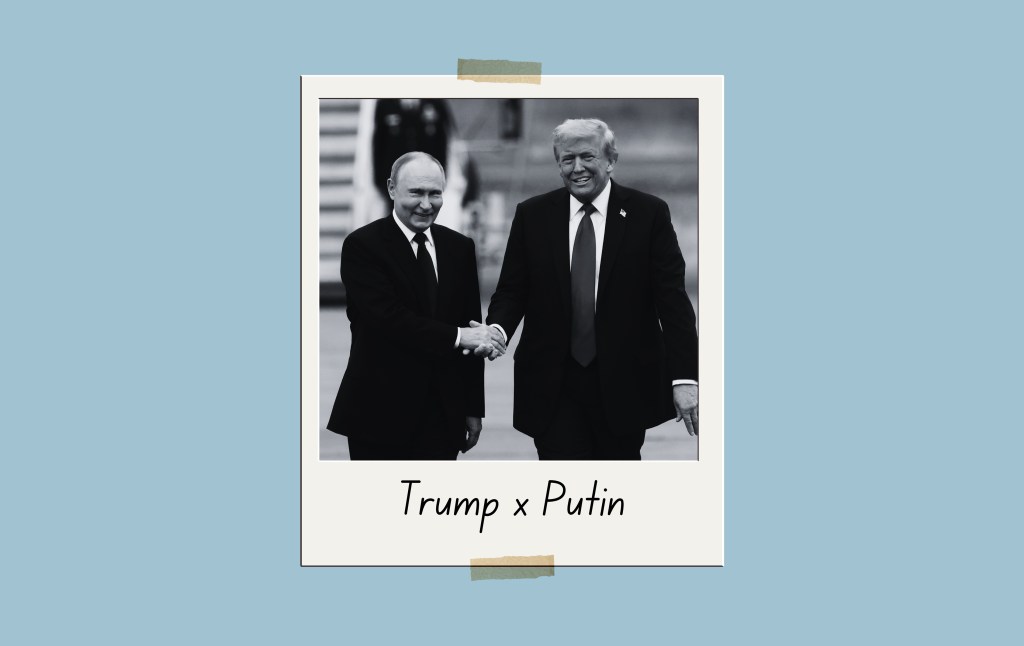

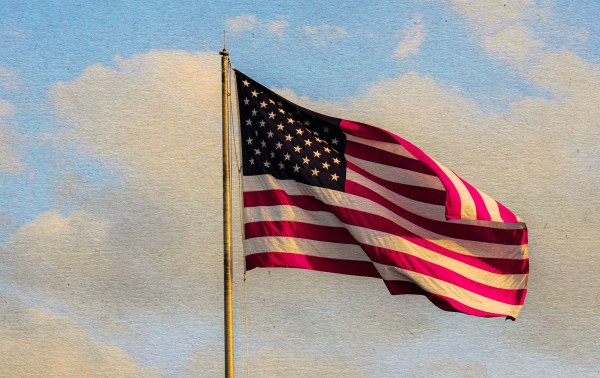
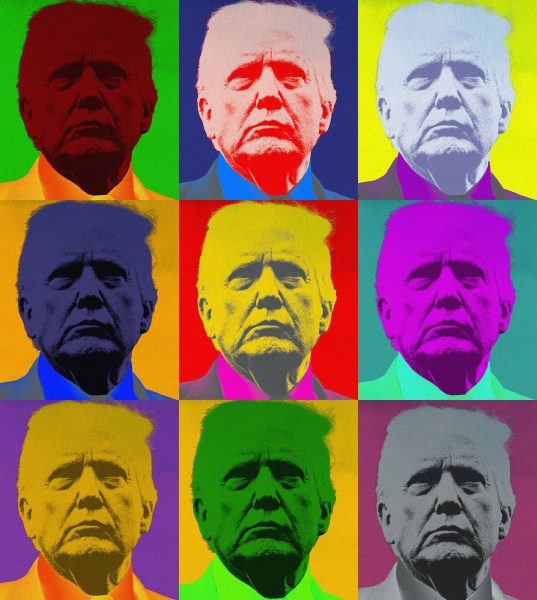
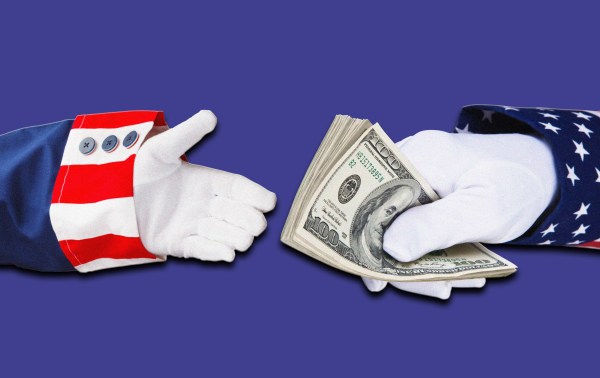

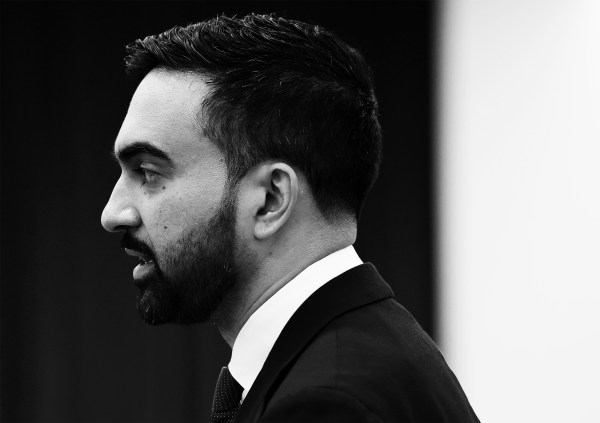
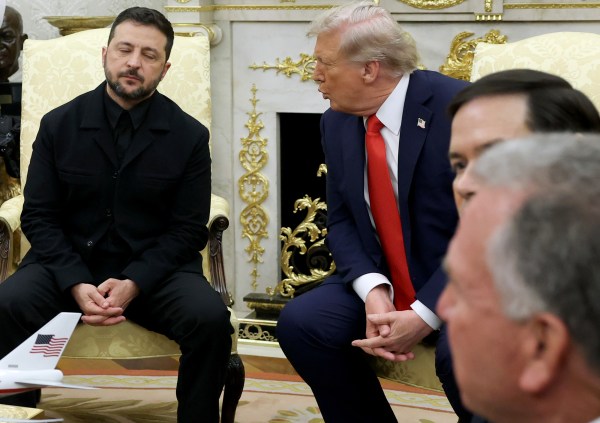
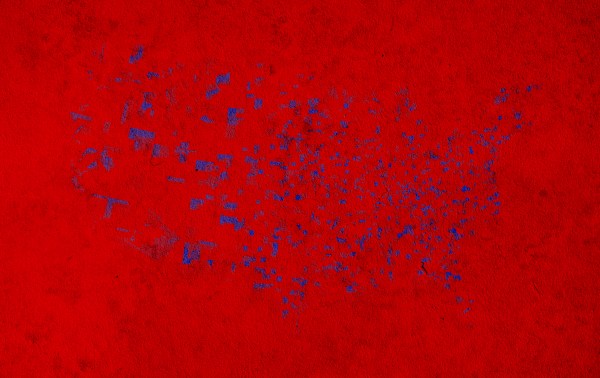

Please note that we at The Dispatch hold ourselves, our work, and our commenters to a higher standard than other places on the internet. We welcome comments that foster genuine debate or discussion—including comments critical of us or our work—but responses that include ad hominem attacks on fellow Dispatch members or are intended to stoke fear and anger may be moderated.
With your membership, you only have the ability to comment on The Morning Dispatch articles. Consider upgrading to join the conversation everywhere.